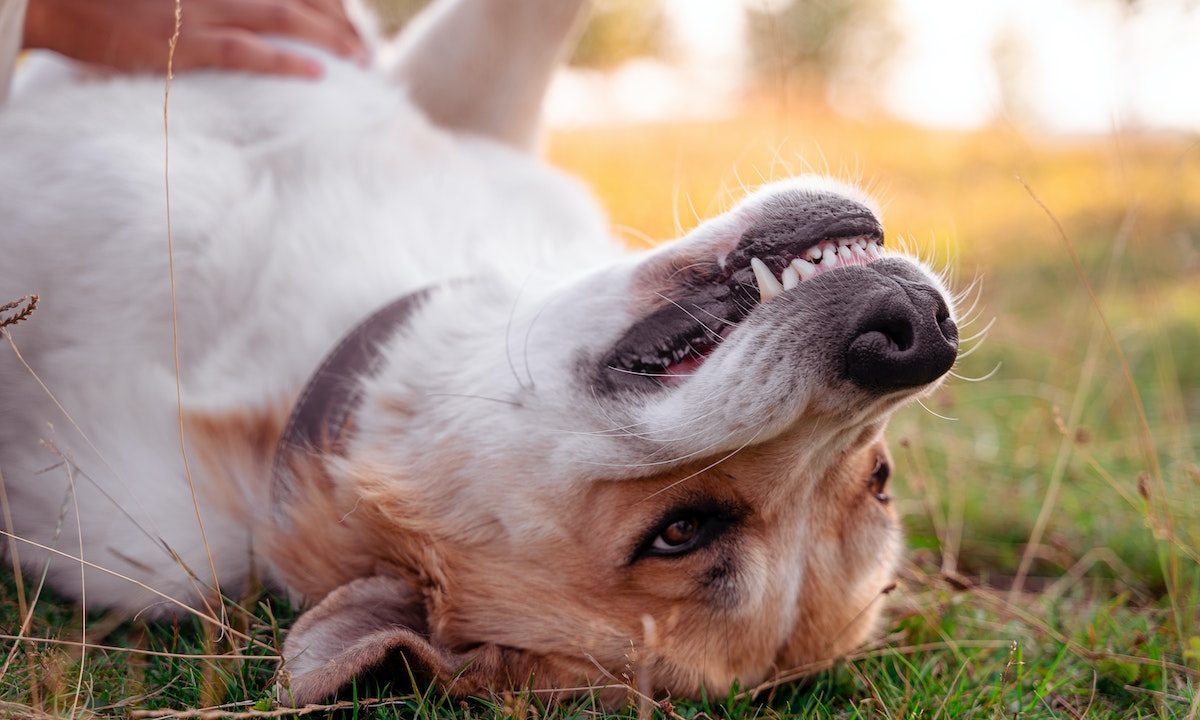In a lot of ways, our pets are exactly like us. They love to play, eat food, cuddle up in bed, and hang out with their friends. And just like humans, our Fidos require medical care. Sometimes even a dog's teeth need help to stay healthy. If neglected, you might wind up having a pup with a cavity that can lead to all sorts of problems, such as pricey vet bills and mouth pain. In addition to the comfort and cost-saving benefits, taking care of dog dental health improves overall wellness.

Why do your dog's teeth need attention
In the wild, animals take care of their own teeth by chewing on bark, bones, and grass. At home, you need to help their mouths stay clean.
While dental problems can occur in just about any pup, certain breeds are prone to teeth issues that no amount of basic care is likely to cure. For those specific animals, regular vet dentist visits might wind up being a requirement, and you should always consult your doggy doctor before providing treatment. However, many aspects of pet oral maintenance can be easy and even fun for you and your pooch.

How can I protect my dogs dental health
As with all things when it comes to your pet's health, start with the offensive approach. This means offering a few different teeth-cleaning methods to see what works and what's easiest for your family.
You can pick and choose or combine these various therapies depending on what you both enjoy and what your vet recommends. Here are the steps you should follow to maintain your animal's mouth.
Step 1: Give your dog bones.
Remember those wild creatures that keep their pearly whites good and clean? Take a note from their playbook and give your canine a dog bone. Make sure that it's raw and from a pet store — you don't want to bring home something you found on the side of the road, which may contain parasites or germs.
Step 2: Provide dental treats.
Trust us, your pet will thank you for the delicious treat. It tastes amazing (to them at least) and works to clean their teeth with a specially designed texture — plus, it can also freshen their breath (for your sake).
Step 3: Boost your pup's water.
You know how your local water source likely has fluoride added to it? You can do something similar for your pup. This product doesn't taste like anything (so your pet will think they are getting regular water), but it fights the bacteria in their mouth that can lead to plaque and decay. Just put a little in their bowl every morning and watch their oral health improve.
Step 4: Brush their teeth.
You might find that your particular furry friend feels just fine after the first three steps and can skip this one accordingly. But for all those canines that need a little extra help with their fangs, you can always brush their teeth.
It could take a few tries to get good at it and they likely won't enjoy it as much as their daily Greenie. If you find this isn't working as part of your routine, talk to your groomer about adding it to their regular bathing service.
Step 5: Get their dental cleanings.
Ideally, you'll take such good care of your pup's tooth and gum health that you never need this step. But even with proper prevention, sometimes your beastie will have to have a professional cleaning (remember in some breeds this is all but guaranteed). Your vet can walk you through this process, which may include anesthesia, x-rays, and even teeth pulling, if absolutely necessary.
By staying proactive, you'll save money on tooth extractions and cleanings. You'll also help avoid mouth pain for your animal. But if your pup does lose some teeth, don't panic. Dogs manage to get through without all their chompers just fine. You should discuss this with their vet who will likely switch your pup to a soft-food diet to prevent further pain and complications (most dogs love soft food as it's very flavorful).
Usually, a pet only requires an exam every six months to a year, but it might become more frequent if you're monitoring a particular problem in their mouth. Hopefully, you can get the preventative steps down and keep your pet's teeth in good shape for life.




